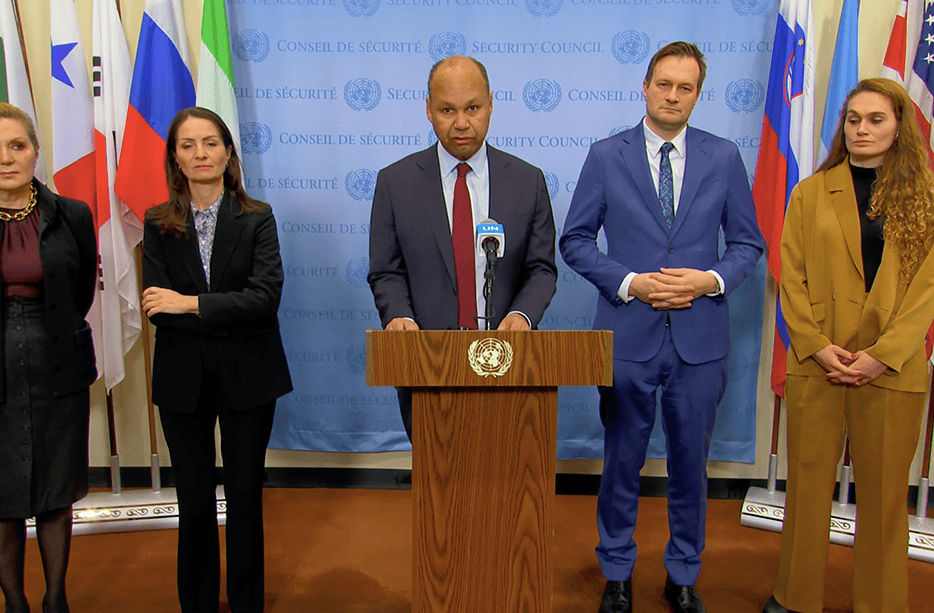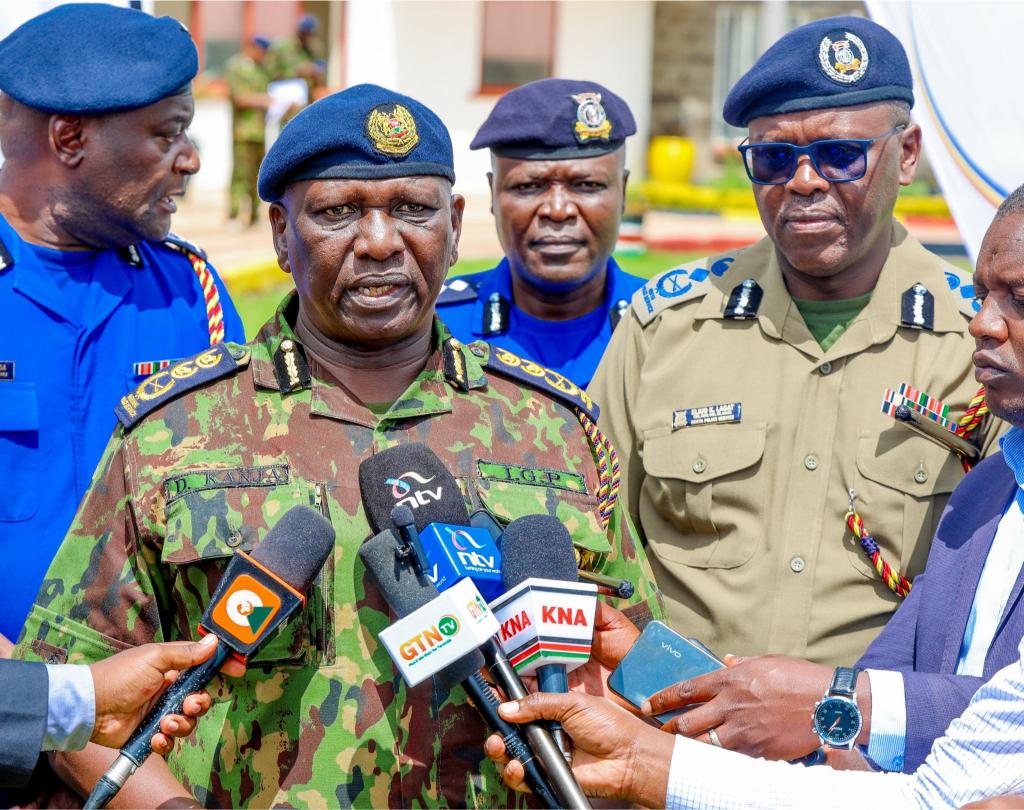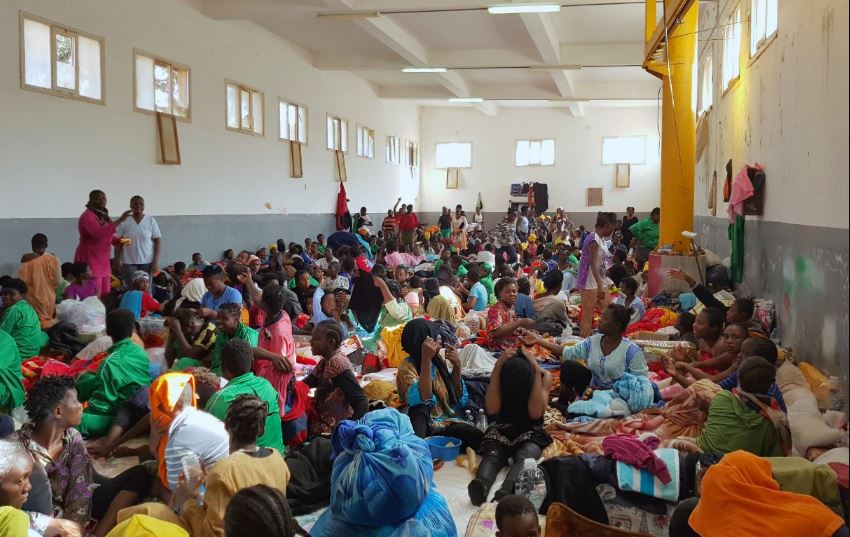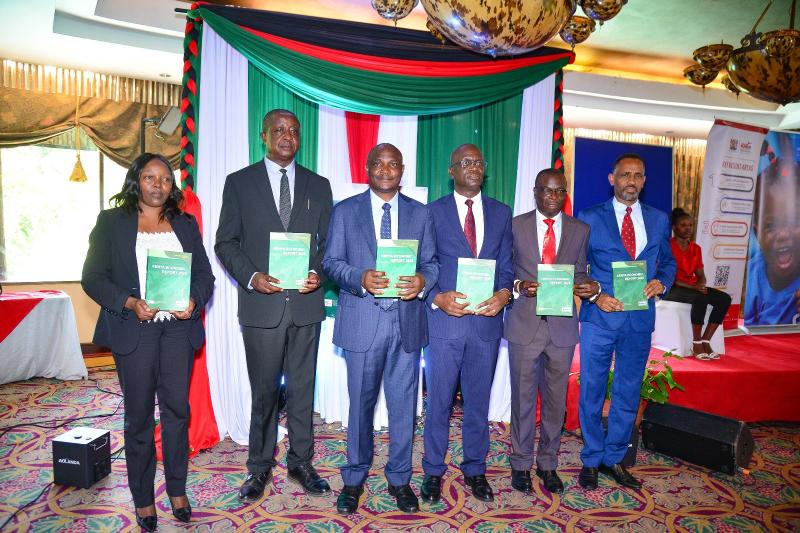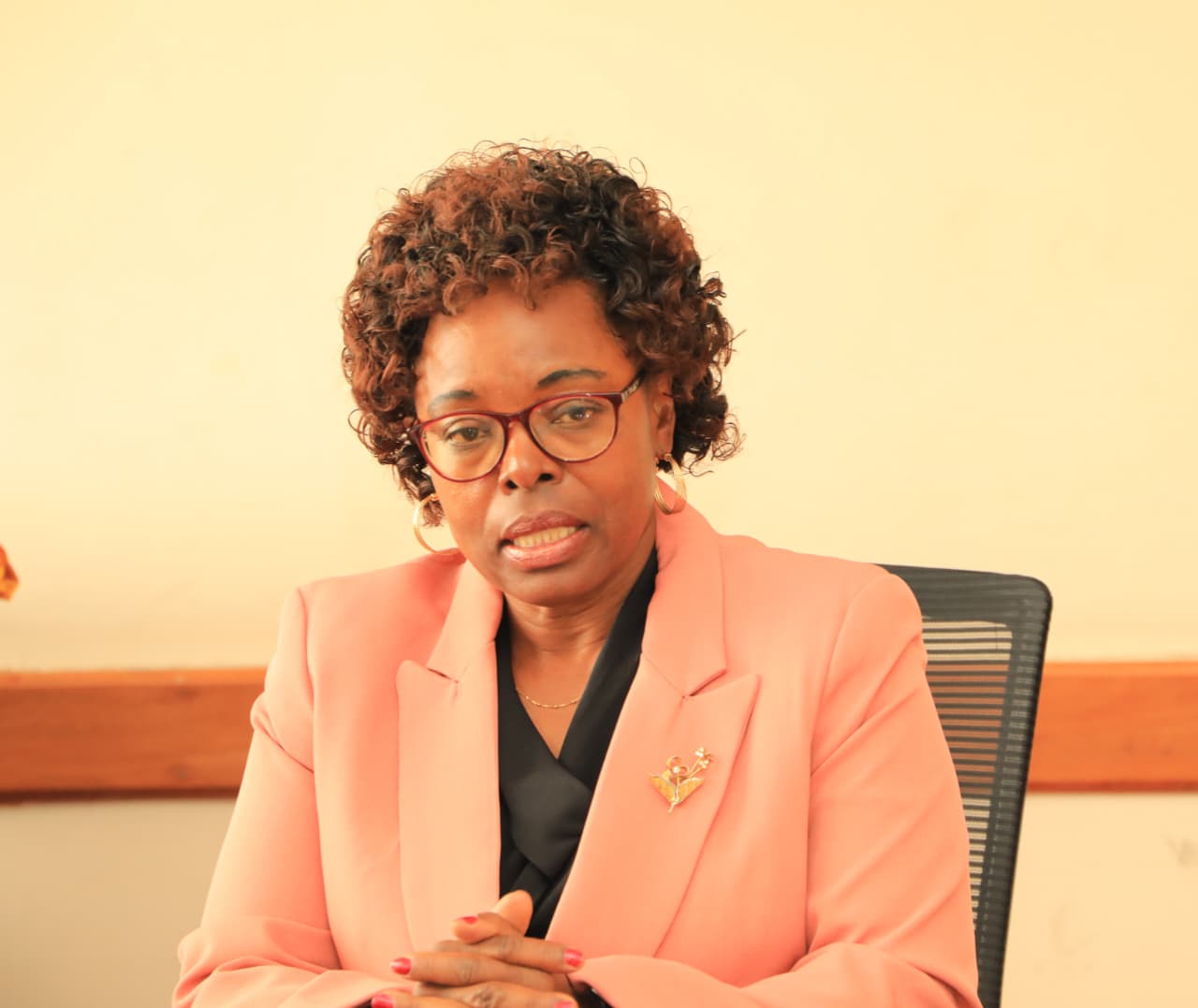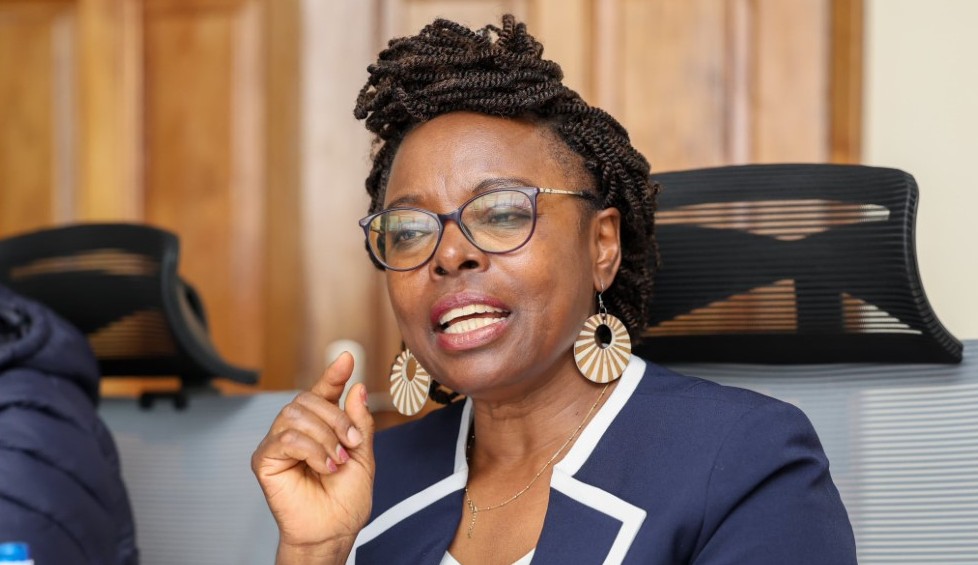Education stakeholders reject calls to separate JSS from primary schools
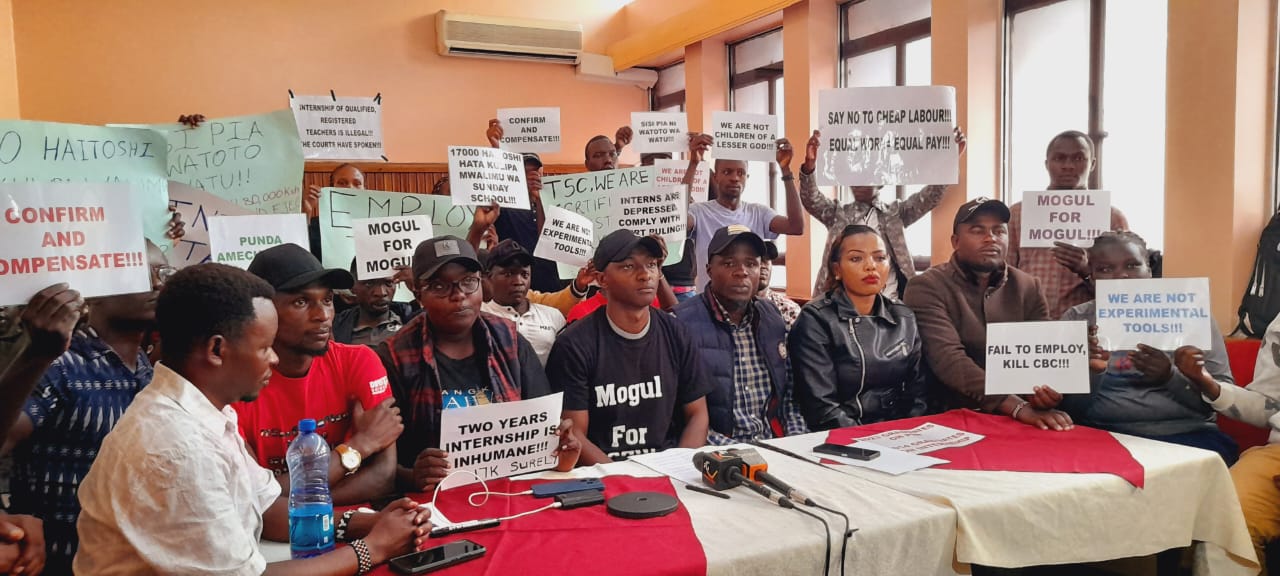
He warned that moving learners to separate institutions could expose them to greater risks, pointing to recent unrest in some secondary schools as an example.
The Education Stakeholders Association of Kenya (ESAK) has opposed calls by Junior Secondary School (JSS) teachers to detach JSS from primary institutions, insisting that the current arrangement should be retained.
Speaking on the matter, ESAK National Secretary Ndung'u Wangenye emphasised that the decision to place Grades 7, 8, and 9 within existing primary schools was grounded in wide public consultations conducted in 2022 under the Presidential Working Party on Education Reforms (PWPER).
More To Read
- Over 30,000 teachers set for senior school curriculum training ahead of 2026 transition
- 2025 KCSE concludes smoothly as government reports sharp decline in exam cheating cases
- Ruto announces recruitment of 24,000 more teachers by January to ease national shortage
- Tension mounts as school heads, teachers’ union reject new TSC leadership structure
- 78 people arrested over exam malpractice as KCSE enters final stretch
- TSC calls on teachers to embrace professional development for CBE curriculum
"During the nationwide consultations, parents agreed that children aged between 11 and 14 years are still young and require close parental supervision. That is why the recommendation was adopted in the PWPER report," Wangenye explained.
He warned that moving learners to separate institutions could expose them to greater risks, pointing to recent unrest in some secondary schools as an example.
ESAK further argued that creating stand-alone JSS facilities would be financially unsustainable, as it would require substantial spending on land, infrastructure, boarding facilities, new school boards, and additional staff.
Instead, the association has proposed a co-existence framework, where JSS and primary units remain in the same compound but run semi-independently. This would involve appointing distinct deputy heads for each section, supported by standard operating procedures to minimise conflicts.
On teacher concerns, ESAK acknowledged that many graduate teachers feel misplaced in primary settings. It recommended a comprehensive review of teacher training programmes to better align with the Competency-Based Curriculum (CBC).
The association also cautioned against constant restructuring of the education system, noting that countries such as the United States and the United Kingdom have retained their systems for decades, making adjustments only when necessary.
"We must listen to the concerns of JSS teachers, which are valid and deserve sober engagement. But detaching JSS from primary schools is not the solution, it would only create more problems," Wangenye states.
Top Stories Today


